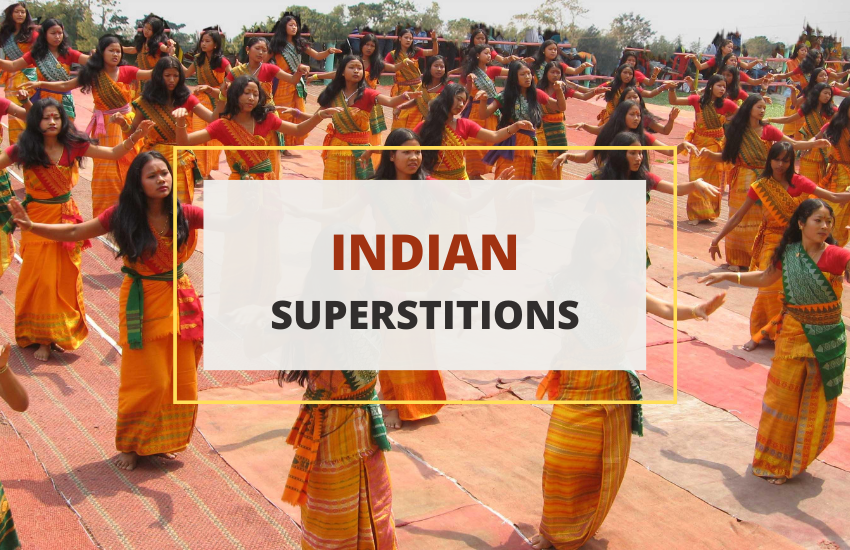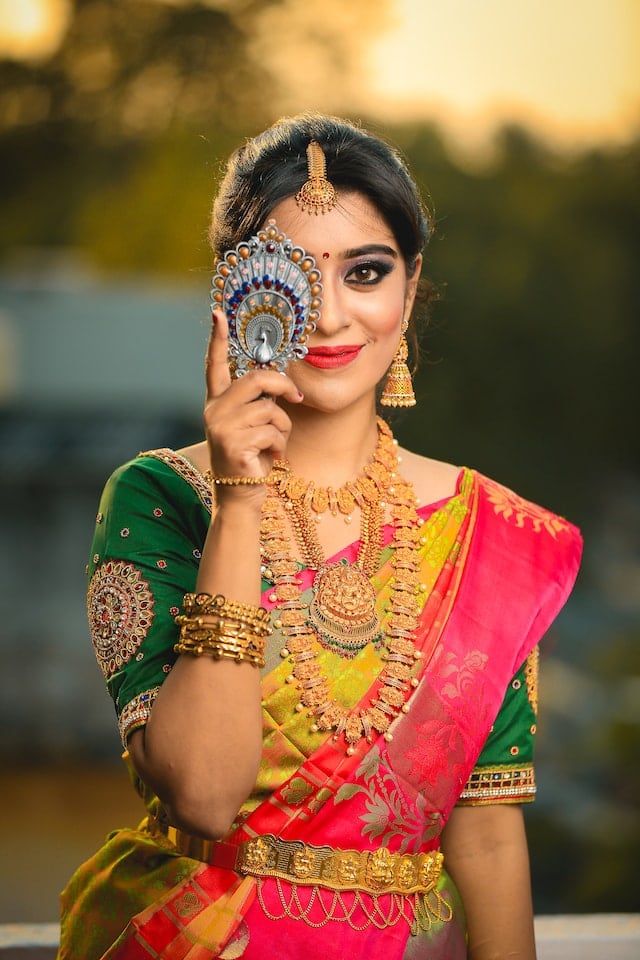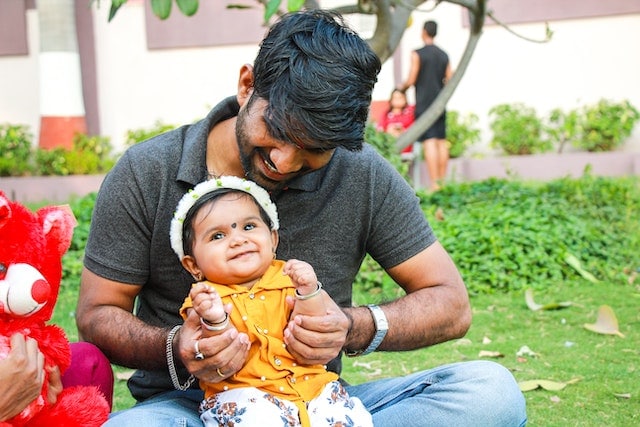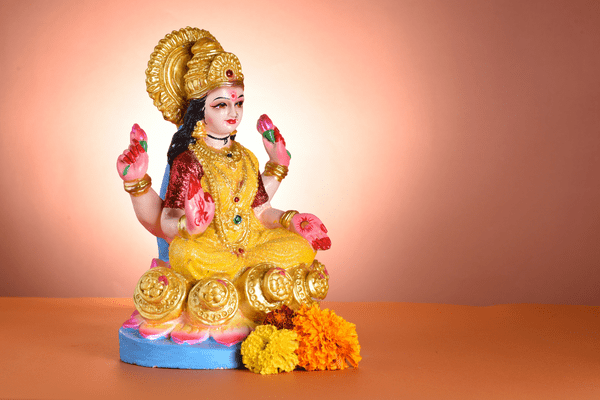
Table of Contents
As one of the most populous nations in the world, it does not come as a surprise that Indians can be a superstitious bunch. Indians are big believers of astrology and some of the superstitions that prevail are heavily reliant on this pseudoscience. Whether these beliefs are backed by hidden logic or are simply without one, they can be an important part of daily life in India.
Good Luck Superstitions in India

- Though it may seem unlucky to the rest of the world, in India, if a crow poops on a person, it’s seen as being blessed with good fortune and having luck on their side.
- While the right eye twitching means good luck for men, it also means that some good news is awaiting women.
- Adding a one-rupee coin to gifts of cash is considered extremely lucky and auspicious. This has now become a common gifting practice in India, especially during birthdays and weddings, and an envelope with a coin attached to it is widely available in stores.
- Overflowing milk is a sign of good fortune and abundance. This is why milk is boiled and allowed to overflow on important occasions, such as when moving to a new home.
- Black ants are considered to be lucky and also represents wealth for those homes where these visitors arrive.
- Peacock feathers are believed to be lucky, as they’re associated with Lord Krishna. They’re often used as decorative elements.
- If your palm itches, it means that money will be coming your direction. It’s a sign of impending fortune.
- The right side of the body represents the spiritual side while the left represents the material side. This is why it’s considered lucky to start a journey or to enter a new home with the right foot – this will mean no arguments over money matters.
- If a crow begins to caw, it means that guests are about to arrive.
Unlucky Superstitions
- Whether it is true or just a gimmick that mothers use to stop their children doing it, shaking your legs is not seen as just a sign of nervousness in India, but is considered to chase away all financial prosperity from your life.
- Since ancient times, it has been believed that people with a flat foot bring bad luck and it indicates widowhood. So prevalent was this belief that Indians of ancient times checked the feet of their son’s bride-to-be just to make sure.
- Leaving flip-flops, locally known as chappals, in Indian households is a sure-fire way to bring bad luck, if not a good beating from an Indian mother.
- Calling someone’s name when they are about to leave for an important task, or saying goodbye, causes the person who is leaving to be plagued with bad luck.
- As a variation of the superstition in the west, black cats are also considered unlucky in India. If they happen to cross a person’s path, then it is believed that all their tasks are bound to get postponed or delayed in some way. The only way to prevent this is by making sure that someone else walks in front as they will bear the curse instead.
- If a mirror is broken, it will cause bad luck for seven years straight. If a mirror falls suddenly without any disturbance and still breaks, it means that there would soon be death. One method to nullify this curse is to bury the pieces of the mirror in the moonlight.
Logical Superstitions

The ancient Indians were considered to be one of the most developed and scientific minded people. Some of the superstitions prevalent in modern India have roots to the logic that only the ancestors were aware of. They spread the superstitions in the form of stories, so that even children could understand, but now the logic behind these stories have been lost and only the rule remains. Here are some such superstitions:
- Stepping out during eclipses has been considered an unlucky practice and those who did were said to be cursed. In fact, the dangers of observing the sun during an eclipse, such as eclipse blindness, was known to the people of olden times, causing this superstition to arise.
- It is believed that sleeping with the head facing the North invites death. While it sounds silly, this superstition arose to avoid the harmful effects caused by the incompatibility of the Earth’s magnetic field with that of the human body.
- In India, Peepal trees are associated with evil spirits and ghosts at nighttime. People were discouraged from going to this expansive tree at night. Today we know that the Peepal tree can release carbon dioxide at night due to its process of photosynthesis. The effects of inhaling carbon dioxide were similar to being haunted by a ghost.
- It is believed that after a funeral ceremony, if a person does not bathe, they will be haunted by the departed’s soul. This made people wash themselves after attending funerals. In this way, any infectious diseases or germs that could be surrounding a dead body could be avoided by those attending the funeral.
Superstitious Behaviors in India

Onions and knives are the dreamcatchers of India. It is believed that keeping an onion and a knife under the bed, especially of a newborn’s, will drive bad dreams away. Keeping an onion under the pillow on the other hand will let the person dream of their future suitor in their sleep.
Infants in India are protected from ‘Buri Nazar’ or the Evil Eye, by putting a spot of Kajal or black kohl on their foreheads or their cheeks. Another method to ward of the evil eye is by hanging the ‘nimbu totka’ or the string of a lemon and seven chilies outside homes and other places. Such a practice is said to placate the goddess of misfortune, Alakshmi, who likes spicy and sour foods.
Another practice that is thought to be a good and lucky start to the day, is eating a mixture of curd and sugar before heading out, especially before setting out to do some important tasks. This can be attributed to the cooling effect and an instant energy boost that it provides.
Many rural homes in India are plastered with cow dung. It is believed that this is an auspicious ritual that brings good luck into the home. As a bonus, this actually acts as repellant to insects and reptiles and also as a disinfectant for these rural households that do not have the luxury to buy chemical disinfectants.
Sprinkling salt through rooms is also said to prevent evil spirits from entering a house due to the purifying characteristic of the salt.
Astrology and Religious Superstitions

Cutting your nails or hair on Saturdays as well as after sunsets on any day brings bad luck, because it is said to anger planet Saturn, known as ‘Shani’ in India.
The number eight is also considered to be an unlucky number in India and according to numerology, if a person is ruled by this number, their life is bound to be full of obstacles.
The reason Indians do not sweep their floors in the evening is because they believe that doing so would drive out the goddess Lakshmi, the Hindu deity of wealth and good fortune, from their homes. This is true especially between 6:00 and 7:00 in the evening, when she is believed to visit the homes of her worshippers.
‘Tulsi’ or holy basil is goddess Lakshmi’s other avatar and when consuming it, the best way to do so without incurring her wrath is to swallow rather than chew. This belief is rooted in the fact that chewing these leaves on a long-term basis causes yellowing of teeth and damage to the enamel. It also contains small amounts of arsenic within it.
Gemstones and particular birthstones are said to have powers to change destiny and the fate of people. Indians often consult astrologers to find the gemstone that best matches them and wear them around as trinkets or jewelry to attract good luck and fortune.
Black is considered an inauspicious color in Hindu Mythology and wearing black shoes is said to be the best method to disappoint Shani, the god of justice. It will incur his curse of bad luck causing failure and hurdles in all that is undertaken. Regardless, many Indians today wear black shoes.
Wrapping Up
Superstitions have been ingrained within Indian culture and local practices since time immemorial. Although there may be sound reasoning to some, other superstitions are merely bizarre practices, which are oftentimes the outcome of magical thinking. Over time, these have become a part of the fabric of Indian culture.








